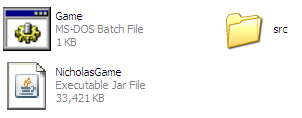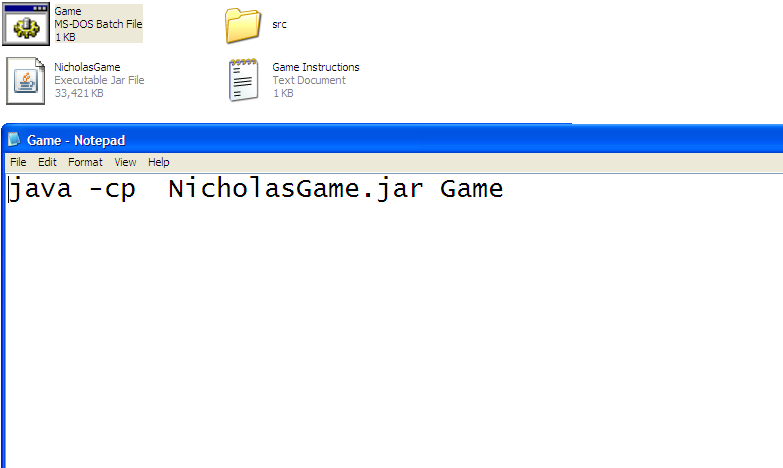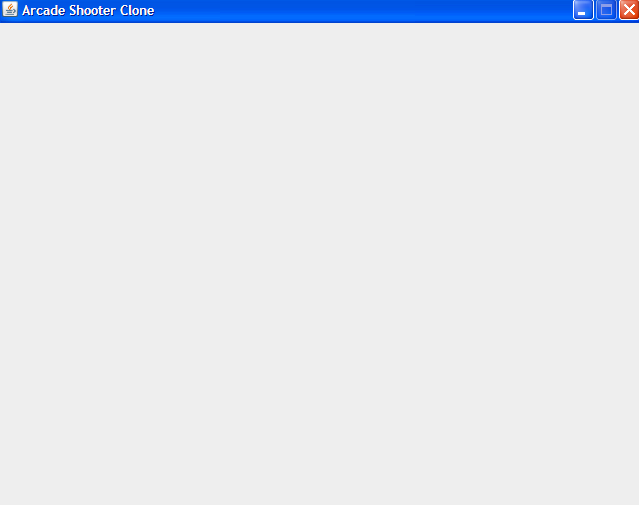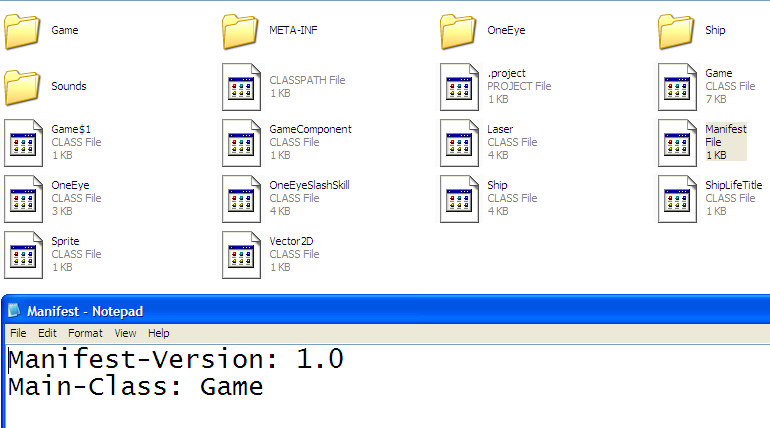So I have been working on my game for a little over a month. Even with college, I spend as much time as I can on the game to be bug-free as possible and make sure it is important it has the right mechanics of that particular genre.
Now I want to share it with people and make sure they can play it by clicking the jar file instead of the MS DOS batch file I created. This would mean the src folder will not be given along side with the Java jar file.

I know for certain it is possible seeing as I have downloaded and use other people jar files and their jar files do not come out a src folder or a batch file. How did they do it?









